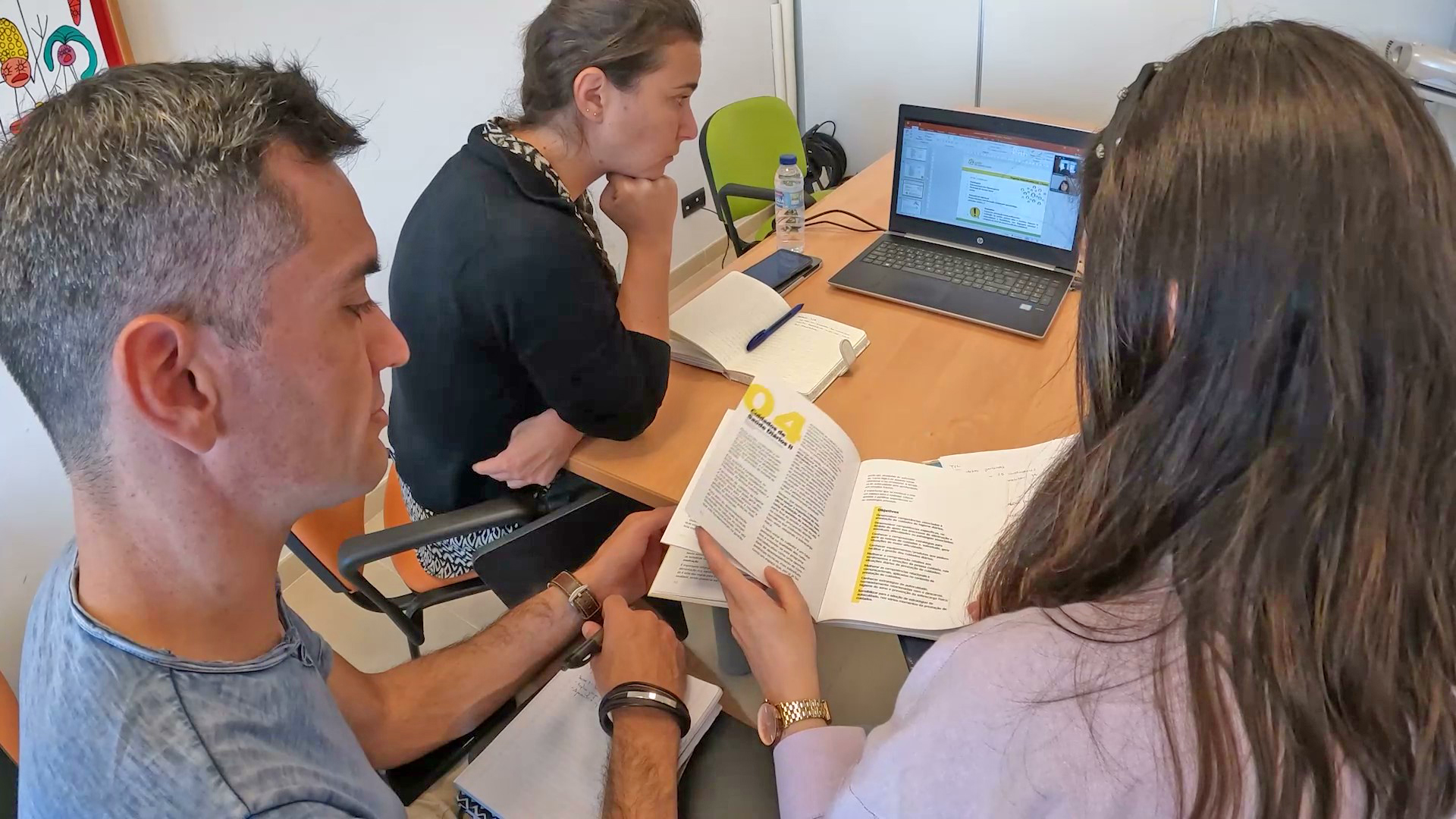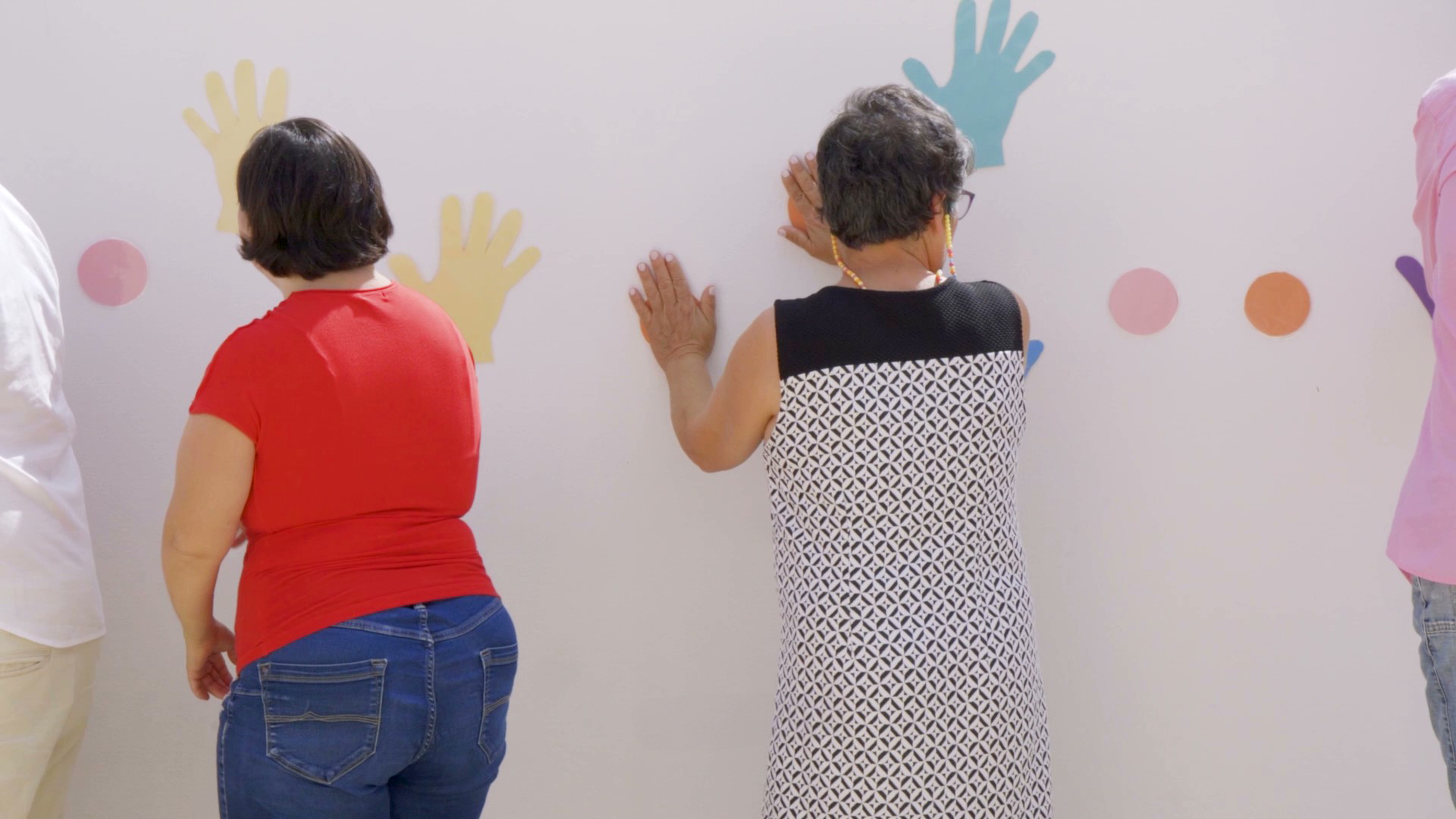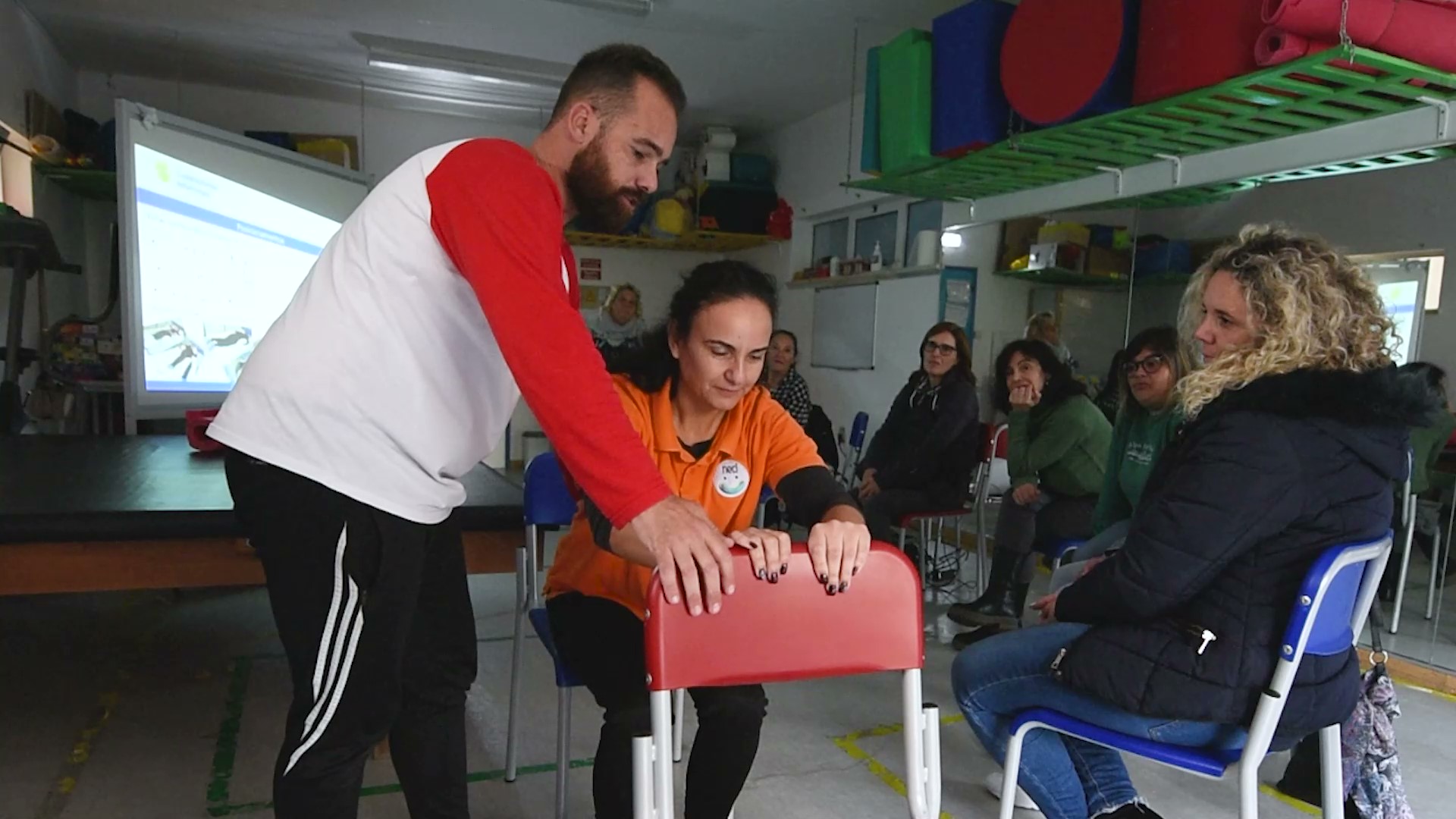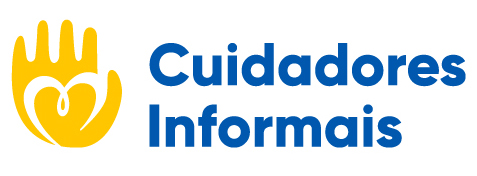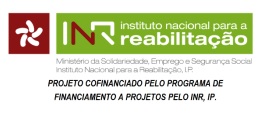The project aims to reliably support the training of informal caregivers (IC) of people with disabilities (PD), through a network intervention methodology. It is based on the study of the different dimensions of quality of life and the sociodemographic context of the informal caregivers of the 39 users of NECI’s CACI, in conjunction with the specific characteristics of each person’s disability. This work will allow for a formal and more complete characterization of CACI recipients, which could serve as a basis for other projects and social intervention measures. Furthermore, it will contribute to deepening knowledge about informal caregivers and to the construction of action plans with greater geographic coverage.
The results obtained will translate into the creation of psychoeducational programs and intervention plans, aimed at training informal caregivers, with the ultimate objective of promoting the social and professional inclusion of people with disabilities.
